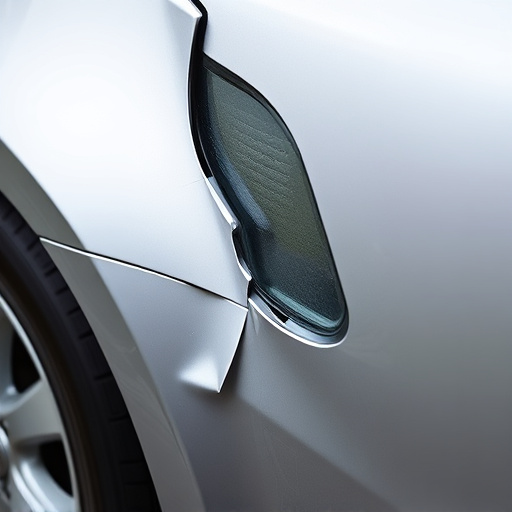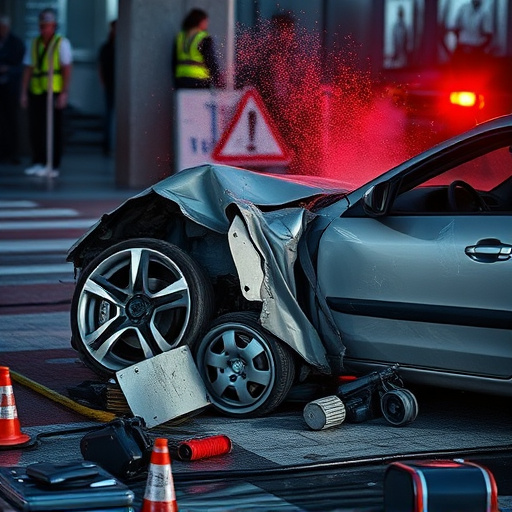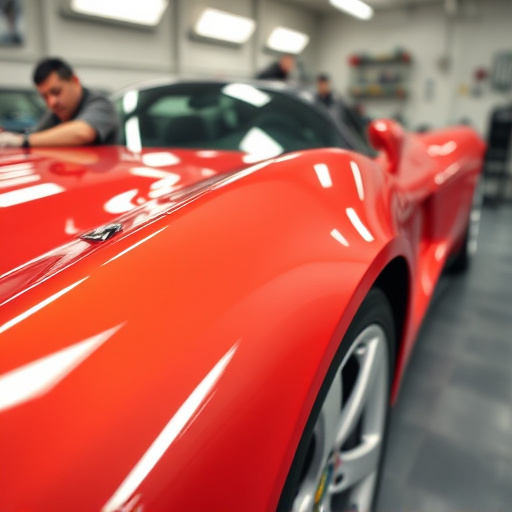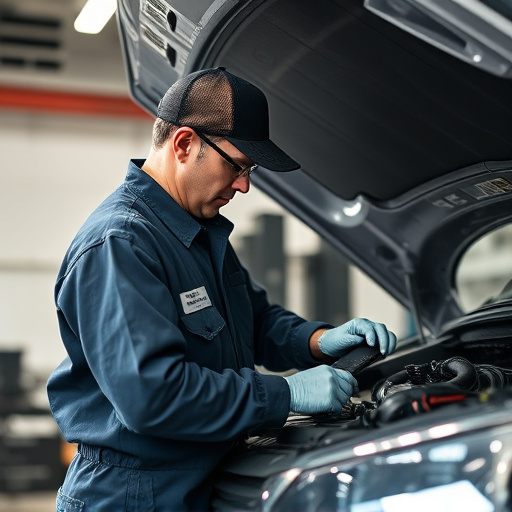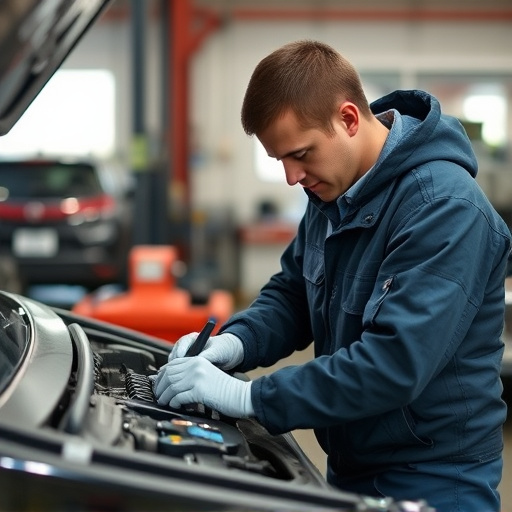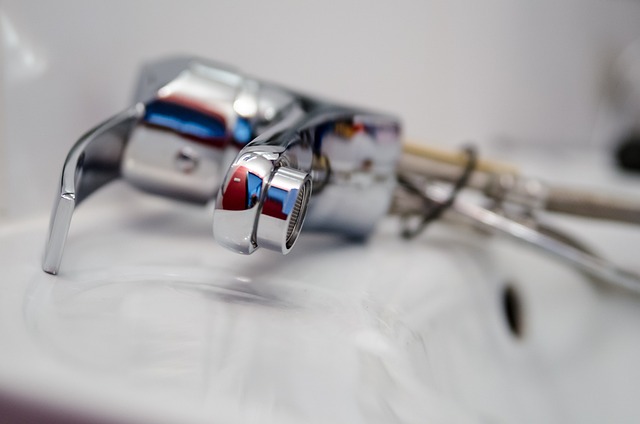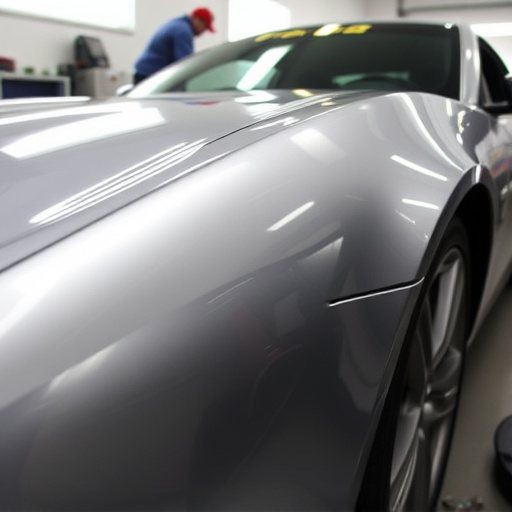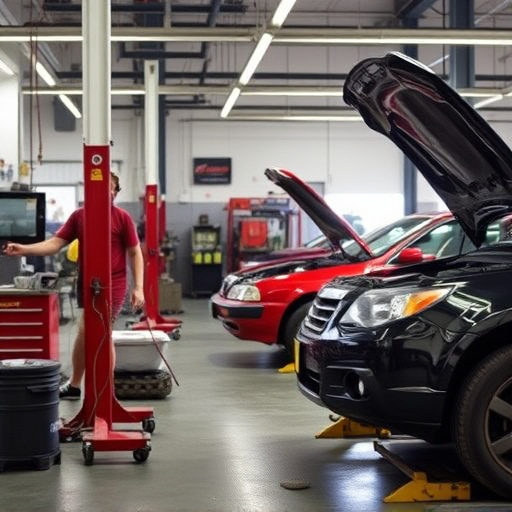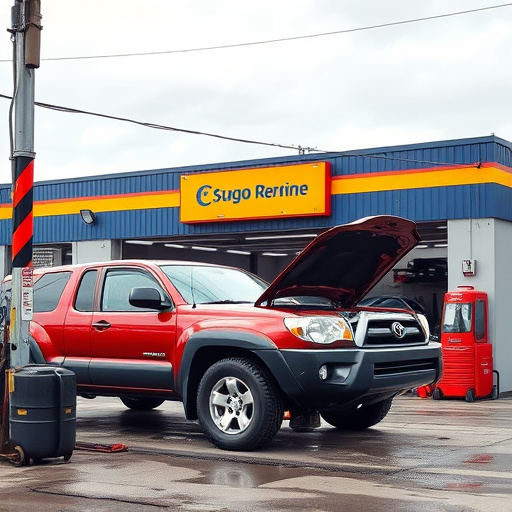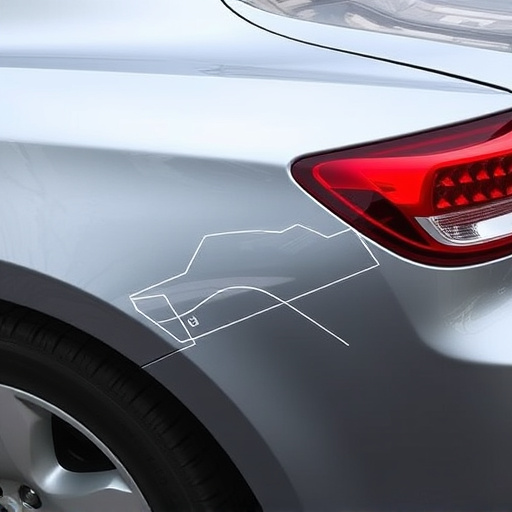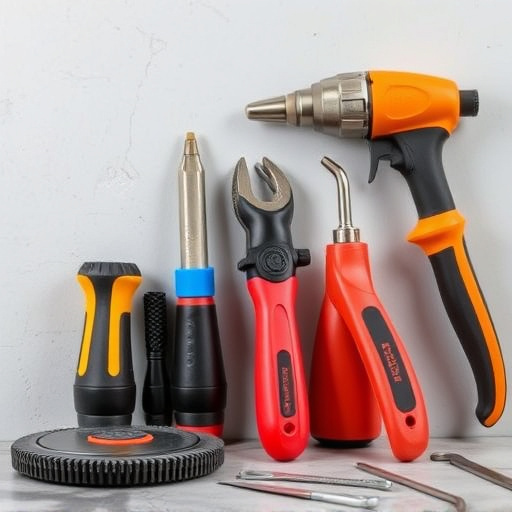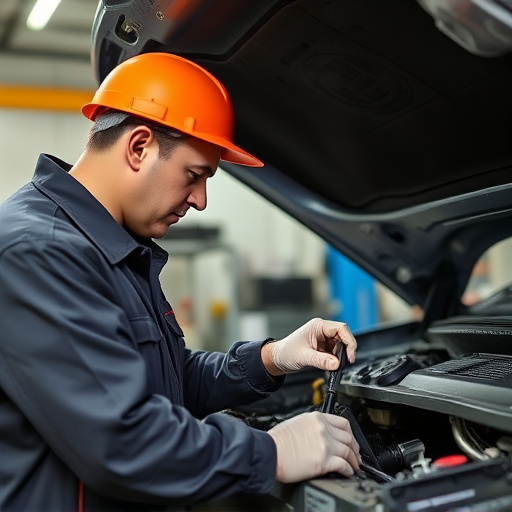By 2025, Tesla repair quality control faces a significant transformation due to technological advancements and shifting consumer expectations in the booming electric vehicle (EV) market. The increasing complexity of Tesla vehicles, including advanced battery systems and autonomous driving components, requires skilled technicians and stringent quality standards. Service providers have both challenges—like handling intricate repairs—and opportunities—such as demand for specialized services—in this competitive landscape. Consumers' demands for meticulous upkeep will determine the success of Tesla repair shops.
“The year 2025 presents a dynamic landscape for Tesla repairs, driven by market trends shifting towards electric vehicles (EVs) and the increasing complexity of Tesla vehicle systems. As rapid technological advancements continue to transform the industry, challenges emerge. This article delves into the key factors shaping Tesla repair quality control, including skill scarcity, genuine part availability, and the escalating demand-supply gap. We explore strategic solutions for enhancing service quality, focusing on training, advanced diagnostics, and expanding service networks.”
- The Evolving Landscape of Tesla Repair Quality Control
- – Market trends in electric vehicle repairs
- – Increasing complexity of Tesla vehicle systems
The Evolving Landscape of Tesla Repair Quality Control
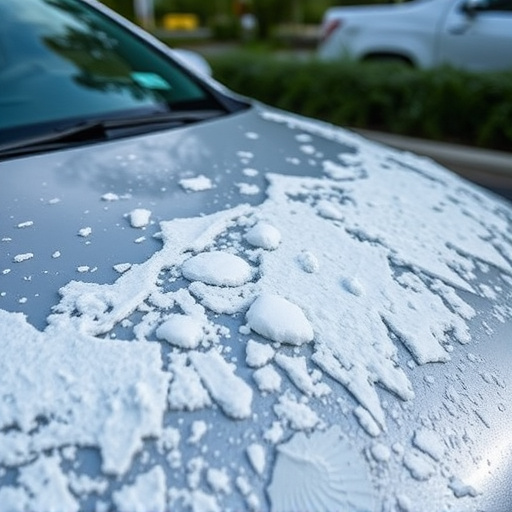
In the dynamic market of 2025, Tesla repair quality control is undergoing a significant evolution, driven by advancements in technology and shifting consumer expectations. As Tesla continues to dominate the electric vehicle (EV) space, ensuring the highest standards in repair and restoration becomes increasingly critical. The company’s focus on innovative manufacturing processes and sophisticated design has also heightened the bar for after-sales service, particularly when it comes to complex procedures such as bumper repair and automotive collision repair.
This evolving landscape presents both challenges and opportunities for service providers. On one hand, Tesla’s stringent quality control requirements necessitate highly skilled technicians adept in the latest repair techniques and technologies, including advanced painting processes and precision metalworking. On the other hand, it opens up a demand for specialized automotive restoration services tailored to maintain the integrity and aesthetic appeal of these cutting-edge vehicles. With consumers becoming more discerning about their vehicle’s upkeep, the ability to deliver superior Tesla repair quality control will be a key differentiator in the competitive automotive service market.
– Market trends in electric vehicle repairs
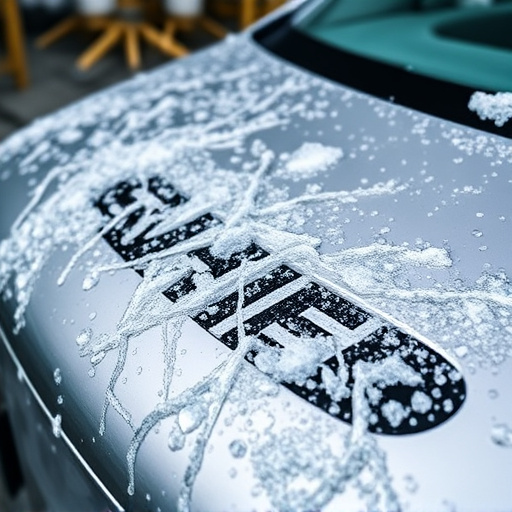
The evolving electric vehicle (EV) landscape is presenting unique challenges for Tesla repair quality control in 2025. As the market for electric cars continues to surge, so does the demand for specialized and skilled car repair services, particularly for high-tech features unique to EVs like advanced battery systems and autonomous driving components. This trend is expected to intensify, putting a spotlight on the need for robust quality control measures in Tesla repairs.
One notable trend in the EV repair market is the increasing frequency of complex damage types. While traditional car damage repair remains prevalent, the rise of sleek designs and advanced materials in EVs means that dent repair and more intricate restoration work are becoming commoner. Consequently, Tesla repair shops must be equipped to handle a diverse range of issues, from minor cosmetic fixes to major structural repairs, all while maintaining uncompromising quality standards.
– Increasing complexity of Tesla vehicle systems
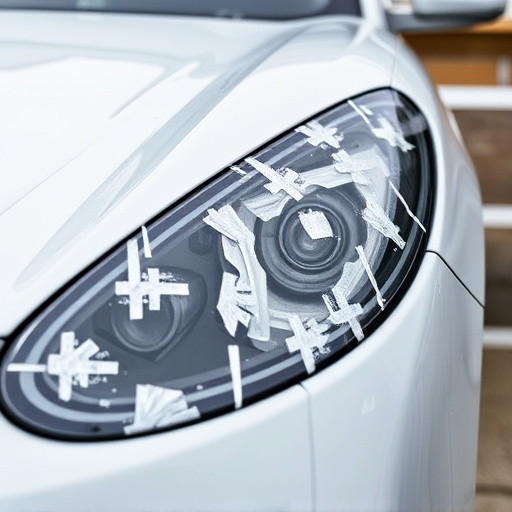
The increasing complexity of Tesla vehicle systems presents a significant challenge for the company’s repair and quality control processes in 2025. As Tesla continues to innovate, integrating advanced technologies such as autonomous driving features, electric powertrains, and sophisticated software, the average car owner may not have the expertise or tools required to address these intricate systems effectively. This complexity necessitates a heightened focus on skilled technicians and rigorous quality control measures in body shop services.
Consequently, Tesla will need to invest heavily in training programs for its service centers and potentially partner with specialized repair facilities that can handle classic car restoration tasks, including intricate electrical repairs and software updates. Ensuring consistent and high-quality repairs across the board will be crucial for maintaining customer satisfaction and building brand loyalty in a rapidly evolving market where car damage repair demands are escalating.
By 2025, the Tesla repair quality control landscape will be characterized by a heightened need for specialized skills and advanced diagnostics. As electric vehicles (EVs) continue to gain popularity, the market will see an influx of complex repairs, demanding higher standards from service centers. The evolving nature of Tesla vehicle systems requires constant adaptation, prompting workshops to invest in sophisticated tools and training to keep up with repair trends. This shift in dynamics will be crucial for maintaining customer satisfaction and ensuring the long-term success of the EV market.
